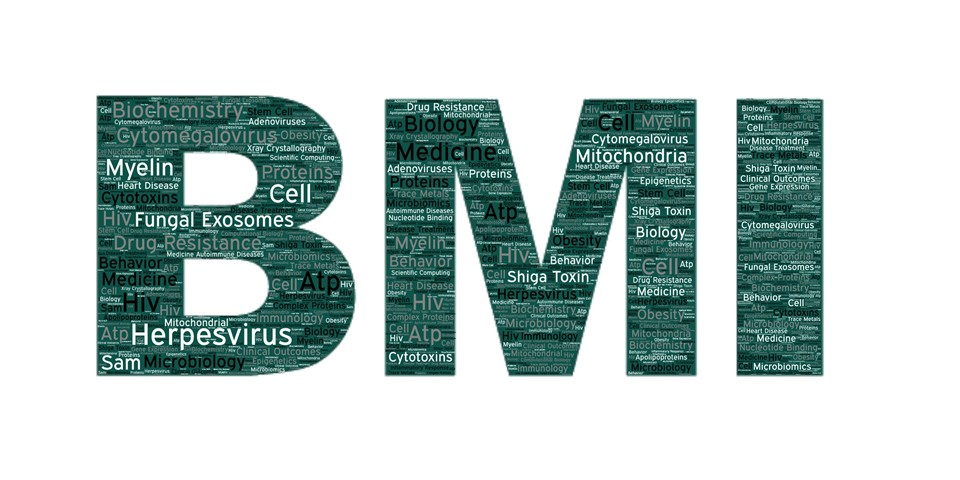About
The Department of Biochemistry, Microbiology & Immunology serves our community, state, nation, and the world by applying the tools of our disciplines to improving health and wellness for all members of our society, including historically underserved populations.
We are home to students and faculty engaged in the study of areas of modern biomedical science that are fundamental to understanding biological systems relevant to human health. The department was formed in January 2017 by a merger of the long-standing Departments of Biochemistry & Molecular Biology and Immunology & Microbiology.
We provide high quality biomedical science education and opportunities to perform pioneering research. This enables our diverse student body of college undergraduates, medical students, graduate students, and post-doctoral scholars to develop into scientific leaders in the international biomedical arena.
Our current areas of research include:
Biochemistry and Molecular Biology have played major roles in the biological revolution that has transformed our understanding of the fundamental processes of life, and have paved the way for the development of solutions to medical problems that vexed us for centuries. Our biochemical research programs involve the study of molecular mechanisms that underlie biological processes, with an emphasis on the relationship between macromolecular structure and function.
Immunology involves the study of defense systems that revolve around discrimination of self from non-self. Recognition of pathogens (non-self) triggers mechanisms that can lead to an elimination of the pathogen. Over-enthusiastic recognition of self can lead to autoimmune diseases such as rheumatoid arthritis. Research in immunology is directed at learning how immune responses are regulated, to enhance protections against pathogens, dampen autoimmunity, and direct the immune system to eliminate cancers.
Microbiology revolves around the study bacteria and viruses, classes of microorganisms that cause a wide range of diseases internationally. Microorganisms are important constituents of our environment, from our personal microbiomes to the complex array of microbial interactions that define nearly all aspects of life on earth. Our microbiology research programs involve investigation of pathogen-host interactions from the levels of populations and individuals, down to the intracellular level.
Our department is home to M.S., Ph.D., and M.D/Ph.D. programs in Biochemistry & Molecular Biology and Immunology & Microbiology. Our objective is to prepare students for active and successful careers in these exciting and important areas of modern biomedical science. Our students learn how to work independently and collaboratively on complex multidisciplinary biomedical problems, in the context of high standards for research and scholarship. Our educational programs facilitate the development of critical skills such as hypothesis development, experimental design, robust application of classical and modern methods, data analysis, performing research by high ethical standards, and preparation of data for written and oral presentation in high-quality venues. For decades, our graduate programs have provided excellent foundations for many significant careers in biological research.
Please explore our website, which includes detailed information about our educational and research programs.

